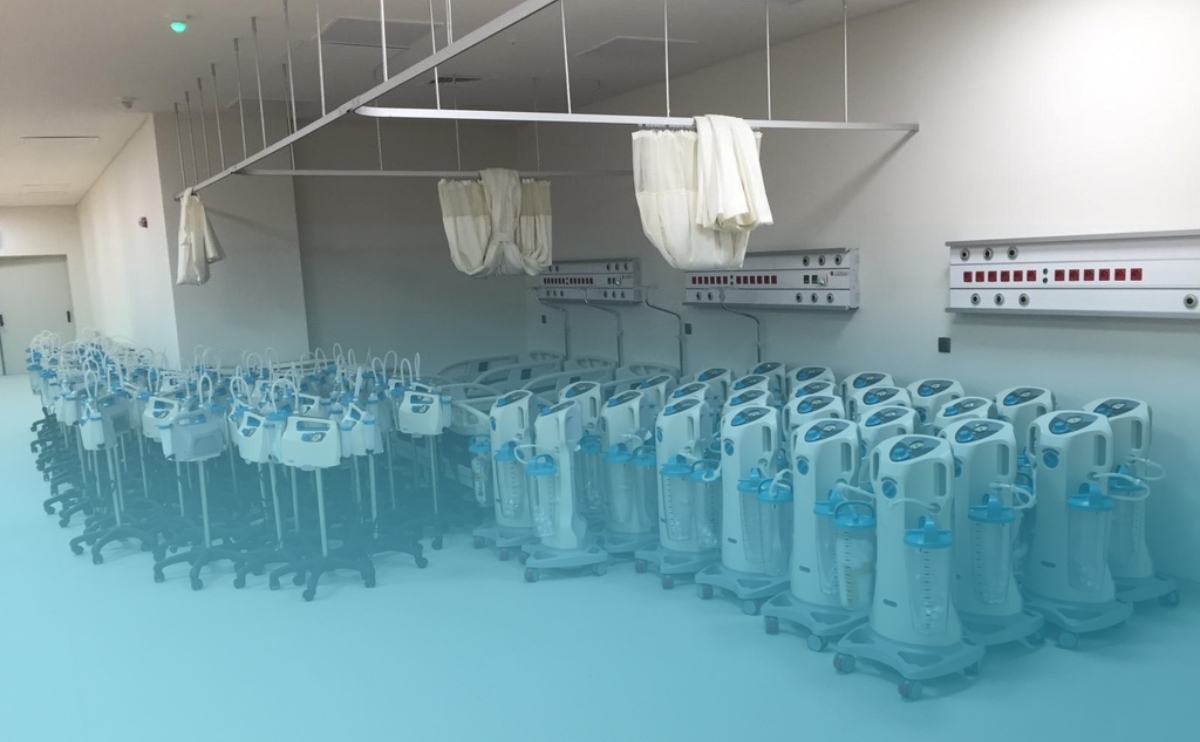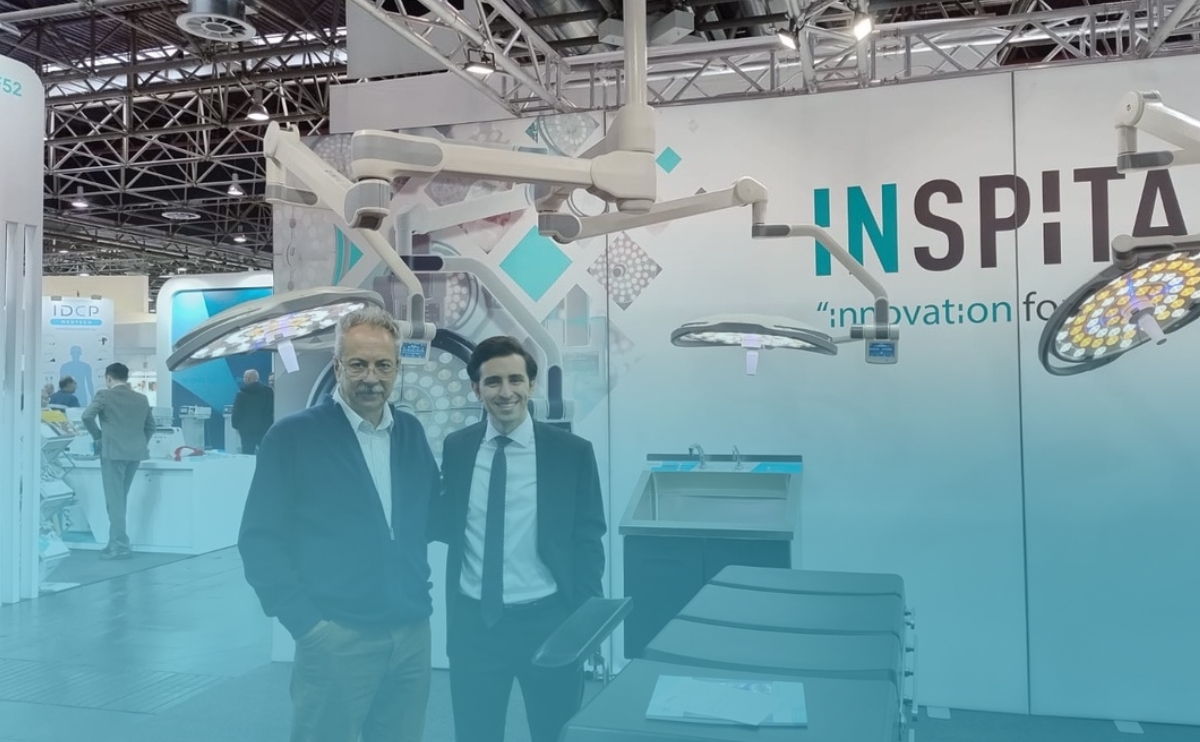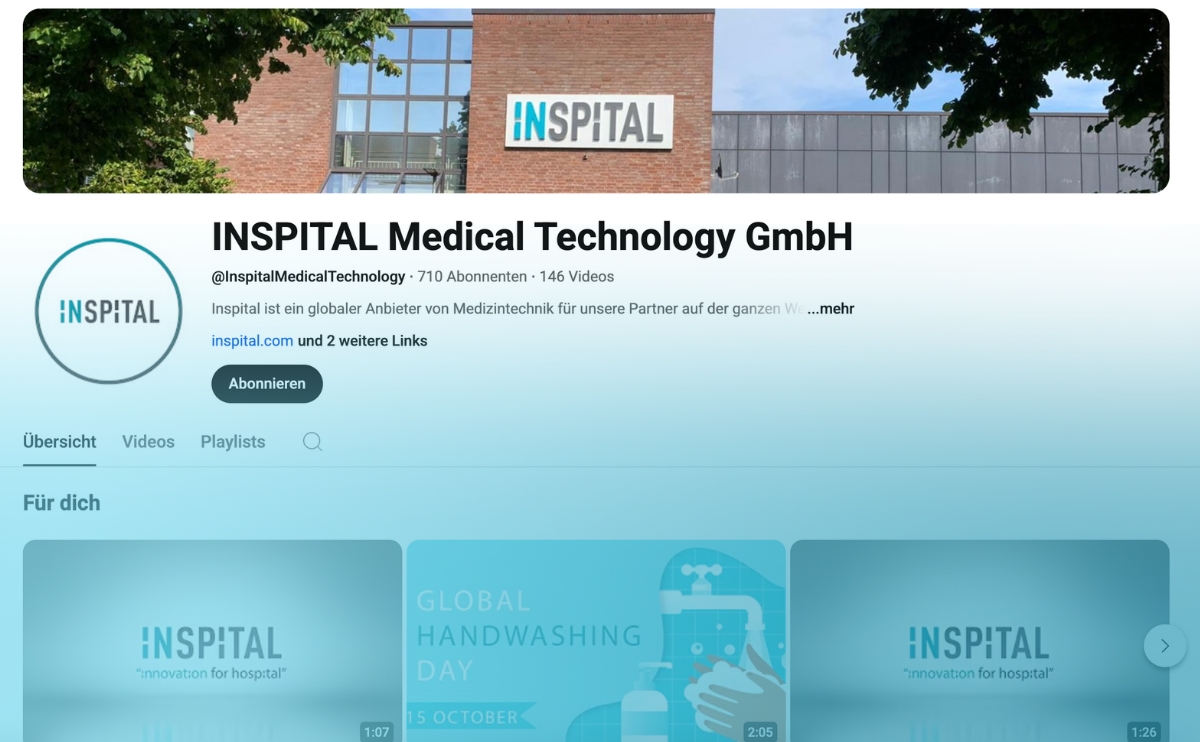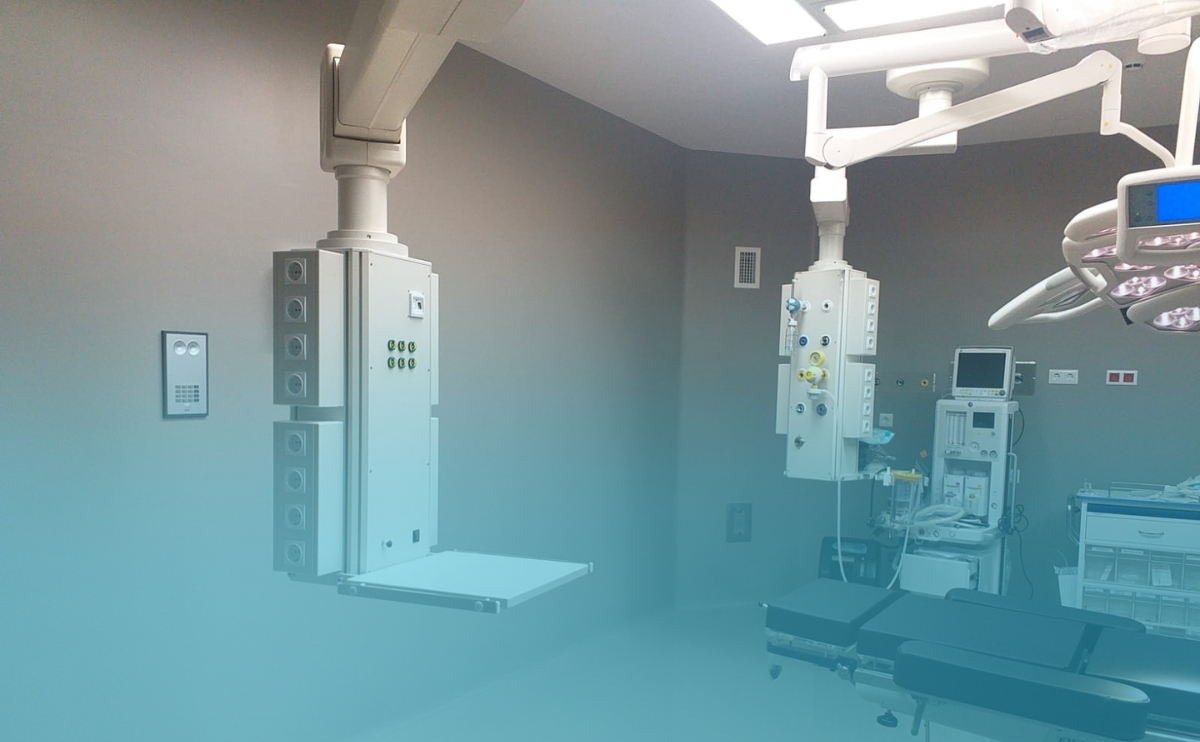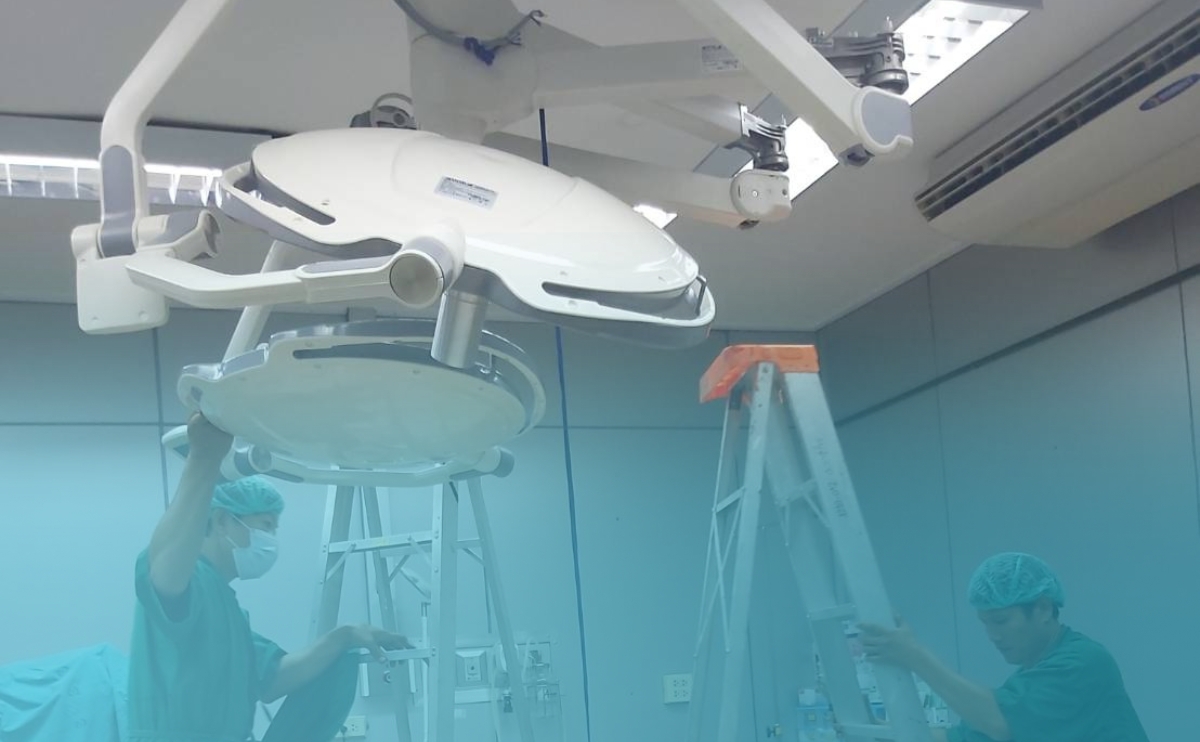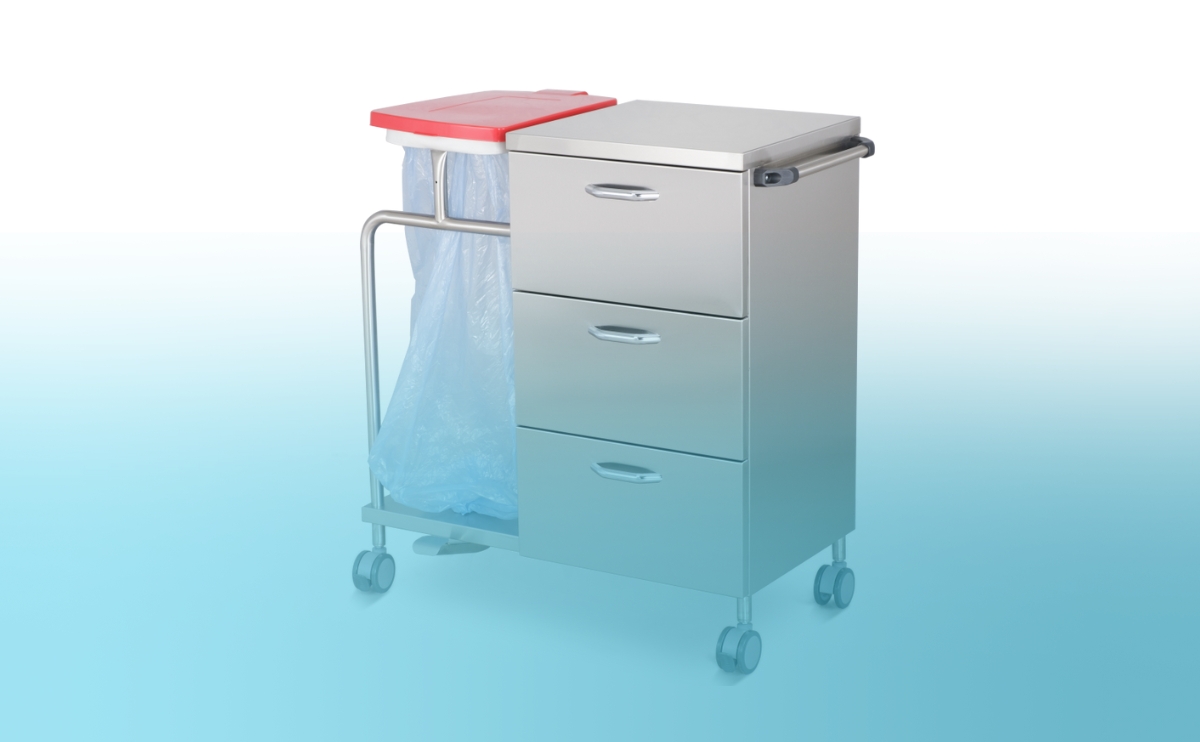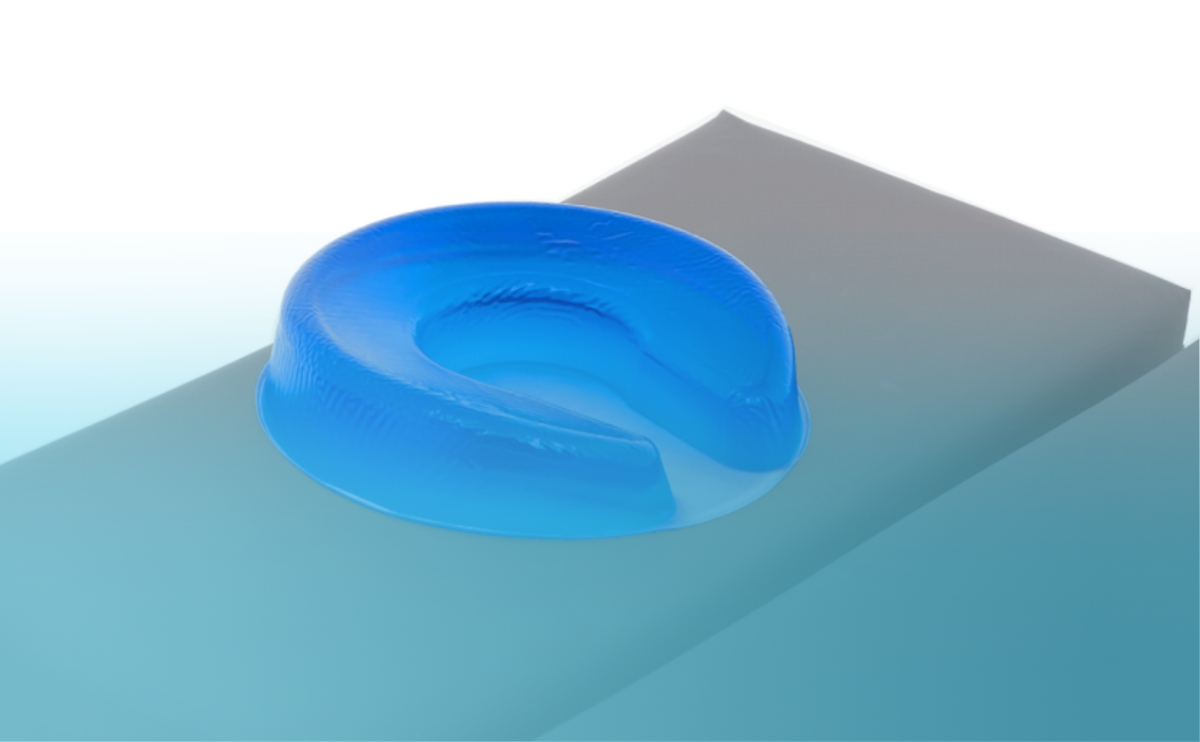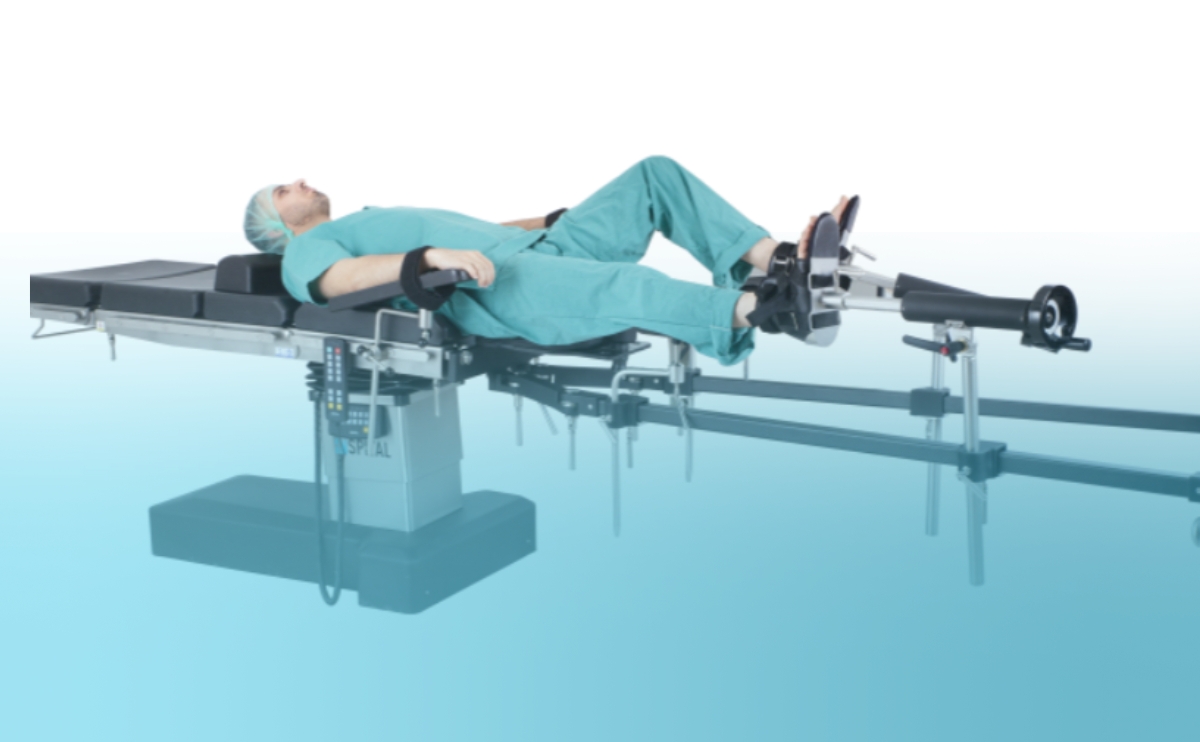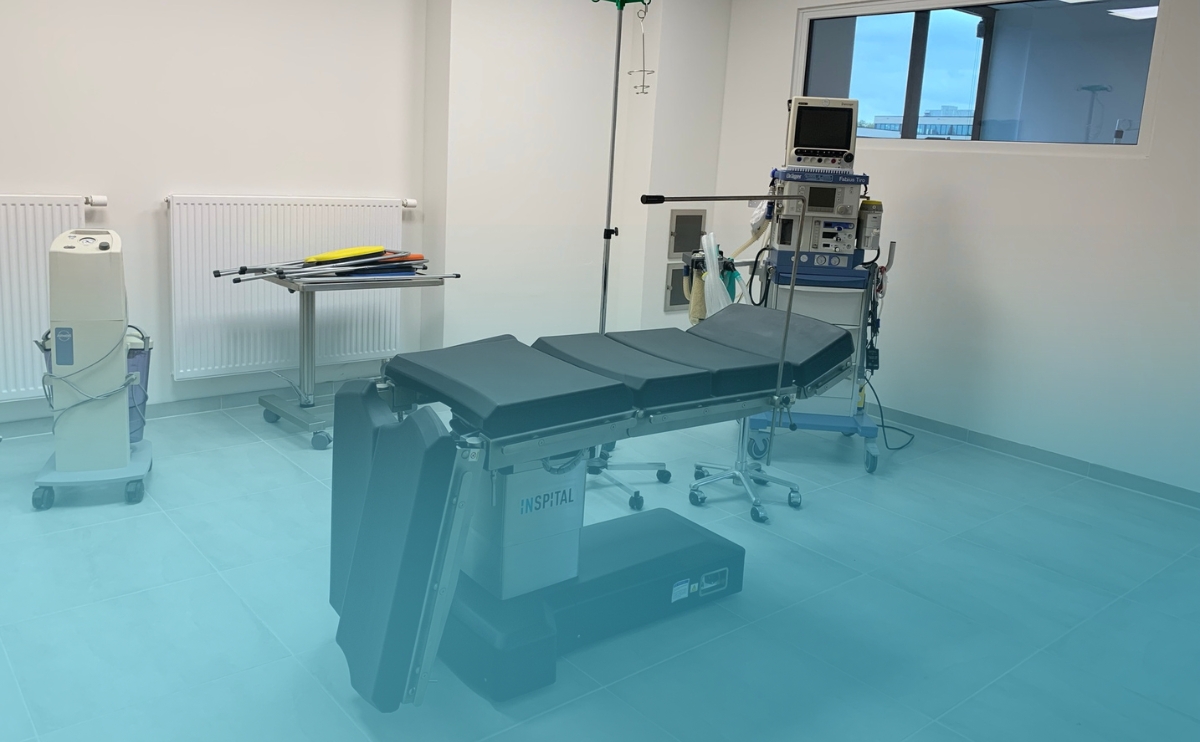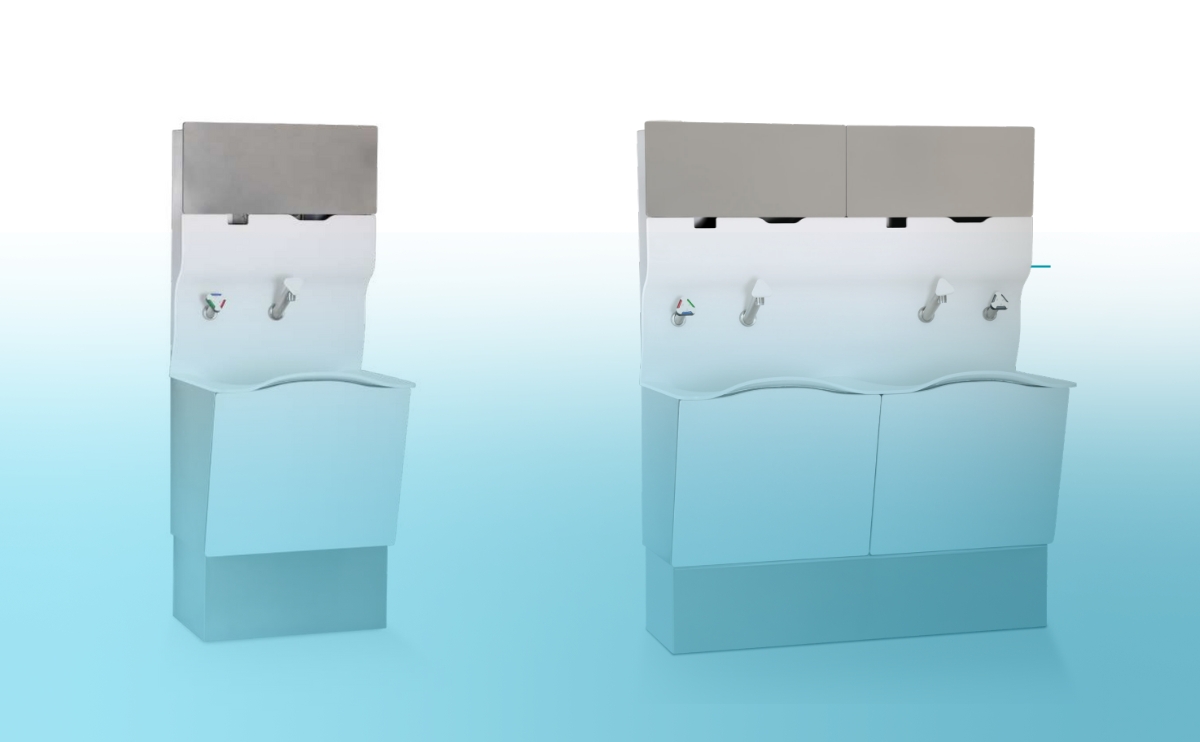Mobile Medical Technology: How Portable Devices Are Changing Healthcare
In recent years, mobile medical technology has brought about a remarkable change in healthcare. Portable devices enable both patients and medical professionals to monitor and analyze health data in real-time, leading to proactive and personalized care. This advancement has not only increased efficiency but also significantly improved the quality of patient care.
As a leading provider of medical technology, Inspital has recognized this development and offers a wide range of high-quality, portable solutions. In this article, you will learn how mobile medical technology is changing the healthcare industry, what benefits it offers, and which products Inspital has specifically developed for these requirements.
Inspital at Trade Fairs and Congresses: Get to Know Us!
The medical sector is developing rapidly, and with it, the demands for modern hospital solutions are growing. Inspital, as a leading provider of medical technology, is always at the cutting edge and will be presenting itself at major international trade fairs in 2024 and 2025.
Whether in Dubai, Düsseldorf, or at national congresses - as a company, we use these platforms not only to showcase our latest developments but also to promote exchange with professionals and actively shape the future of medical technology.
In our blog post, we share our experiences and inform you about the innovations in the world of medical technology.
Inspital on YouTube: Instructions for our products and valuable news!
In an increasingly digital world, it is essential for companies to present their products and services not only in catalogs or at trade fairs but also to make them accessible online to a broad target audience. We at Inspital have also recognized this trend and are increasingly focusing on digital communication. A central component of this strategy is Inspital's official YouTube channel, which offers interested parties from the healthcare industry deep insights into modern medical technology.
Whether detailed product presentations, application videos, or company presentations – on our YouTube channel, we offer a variety of informative and high-quality produced content. Here, medical professionals, hospital managers, and technical purchasers can understand in just a few minutes how Inspital's innovative solutions work and what added value they offer for everyday clinical use.
Flexible Gas Supply in the OR: Pendant Systems for Oxygen, Air, N₂O, and CO₂
A modern operating room is far more than just a room with an operating table and lighting. It is a highly complex, technical ecosystem in which numerous devices, systems, and people must work together simultaneously. Every step is designed for precision, and any delay can disrupt the process – and, in the worst case, compromise patient safety.
One of the often underestimated but central foundations of this system is the medical gas supply. Oxygen, medical compressed air, CO₂, or nitrous oxide must be available at all times reliably, safely, and in precisely metered doses. At the same time, their provision must not hinder the workflow or create additional risks.
This is precisely where the limitations of classic wall connections become apparent. They are permanently installed, only accessible to a limited extent, and often force the OR team to compromise on positioning, freedom of movement, and ergonomics. In an environment that demands maximum flexibility, such rigid solutions increasingly seem like a relic of past OR concepts.
Modern pendant systems offer a contemporary answer to these challenges – and change the way medical gases are provided and used in the OR.
Perfect Vision for Surgeons: Modern Operating Room Lights with Integrated Camera and Monitor Solution from Inspital
In modern surgery, the success of a treatment depends not only on the experience of the medical staff. The quality of the technical equipment in the operating room is just as crucial. Precision, safety, and efficiency now arise from the interaction of humans and technology. OR lighting plays a central role in this: it determines how clearly, contrast-rich, and shadow-free the surgical field is visible – and thus whether even the smallest anatomical details can be recognized in time.
However, the demands on OR lights have fundamentally changed. In addition to optimal illumination, aspects such as visual documentation, live transmission, telemedicine, and training are increasingly coming into focus. This is precisely where Inspital's innovative OR lights with integrated camera and monitor solutions come in. They combine high-quality OR light with modern image and media technology, turning the lighting into an intelligent platform in the OR.
Medical Stainless Steel Furniture for Operating Rooms: Instrument Trolleys, Key Trolleys, and More for Maximum Efficiency
In no area of a hospital is organization as crucial as in the operating room. Every second counts, every movement must be precise – and every trolley, every table, every piece of furniture must support this precision, not hinder it. This is precisely where Inspital's stainless steel furniture comes into play: robust, hygienic, ergonomically designed, and uncompromisingly geared towards efficiency in daily OR operations.
Gel Pads for OR Tables: Pressure Relief and Patient Comfort
In modern surgery, optimal patient positioning during surgical procedures is crucial for treatment success and patient safety. Inadequate positioning can lead to pressure points, nerve damage, or other complications. To prevent these risks, Inspital offers a comprehensive range of gel-based positioning aids that both enhance patient comfort and facilitate the work of medical personnel.
Optimal patient positioning in the OR: Which fixation systems prevent pressure sores and nerve damage?
In modern surgery, the success of a procedure is determined not only by surgical technique but also by a factor that is often underestimated: patient positioning. Precise and secure positioning is essential to create optimal access conditions for the surgical team, but also to reliably prevent complications such as pressure ulcers, positioning injuries, and nerve irritations.
Especially in an era where efficiency, patient safety, and legal protection are equally important, sophisticated positioning systems are no longer optional accessories – but a central element of any OR infrastructure. Inspital offers a wide range of positioning aids, gel pads, and fixation systems that integrate seamlessly into daily surgical practice and meet the high demands of modern operating departments.
Endoscopy Reprocessing: Hygiene Standards and New Technologies
Endoscopy has become an indispensable part of modern medicine. Whether in gastroenterology, urology, or surgery – endoscopes enable minimally invasive examinations and procedures that are gentler for patients and more precise for doctors. However, precisely because endoscopes are reusable, highly sensitive instruments, their reprocessing and sterilization is one of the biggest challenges for hospitals and clinics.
Improper or insufficient cleaning can cause serious infections and cross-contamination. Therefore, strict hygiene standards and state-of-the-art reprocessing technologies are essential to ensure patient safety. But what does effective endoscopy reprocessing look like, and what innovations are there in the market?
In this article, we shed light on the most important steps of endoscope hygiene, new technological developments, and present Inspital's suitable cleaning and sterilization solutions.
Surgical Scrub Sinks – Touch-Free, Germ-Free Hands: The Benefits of Knee-Operated Scrub Sinks in Everyday OR Practice
Whether a routine procedure or a complex high-risk surgery, uncompromising hygiene is the prerequisite for every successful surgical intervention. However, hygiene doesn't start on the operating table, but minutes before – with hand washing. In an environment where every touch can become a potential source of contamination, the method of hand disinfection is crucial.
Especially in the highly sensitive OR environment, well-thought-out solutions are needed that seamlessly combine safety and efficiency. Knee-operated washing systems not only offer a technical answer but also set a new standard in touch-free hygiene. Inspital has developed precisely the right products for this – robust, user-friendly, and precisely tailored to the needs of daily clinical practice.
